When a company offers an athlete a contract, it typically outlines a salary, performance-based bonuses, social media obligations, appearances and more. “In my mind, I go in with this lump sum I’d like to get with a contract—say it’s $125,000 for athlete X,” says Spencer. “I go in knowing there’s no way they’re going to write a check for that amount. Ideally, I’d get skier X a $75,000 retainer and $50K in potential bonuses. Then I’d keep hammering and continue with the back and forth.”
Once the financial terms are solid, agents look at the intrinsic value of the contract and ask the athlete how much time they’re willing to commit. Athletes often sign one-, two- or four-year contracts—deals on either end of the spectrum are rare. Contract negotiations can take months and months of calls, emails and usually at least one face-to-face meeting.
“I’ve had negotiations last several months or take literally 10 minutes over a beer,” says Chris Adams, promotions director for Marker-Völkl. In 2011, after noticing Emilia Wint while lapping the park at Breckenridge Ski Resort, Adams hopped on the lift with her and asked if she had a ski sponsor. Wint laughed and Adams asked if she wanted to ski on Völkl. He flowed her product and then signed an official contract with her less than a year later. Wint now has professional representation.
Adams says he started noticing more agents coming into the picture around 2006. His first taste was a sour one—as soon as one of Völkl’s top halfpipe skiers hired an agent, the skier left the company and joined forces with another brand. But, says Adams, agents serve a valuable purpose in helping athletes manage expectations and securing nonendemic opportunities that help Völkl’s athletes gain mainstream exposure. Echoing Olenick’s comments, Adams agrees that agents also somewhat insulate the athlete and help ensure the team manager-athlete relationship remains friendly. Now, agents represent about half of Völkl’s freeski athletes.
“When it comes to top-tier talent, I don’t mind negotiating with professional agents,” says Adams. “They’re hard negotiators, but they’re also fair. If they ask for a premium, they expect me to push back and require more from their client.”
In a lifestyle sport like skiing, what a lot of these business relationships come down to is who you want to grab a drink with at the end of the day. After all, agents and athletes spend a substantial amount of time together. Sean Pettit refers to his agent, Jaimeson Keegen, as “Uncle Jamo.”
“Becoming a business owner, a homeowner and managing being a pro skier can feel like a lot at once,” says Pettit. “That’s why I have Jaimeson. He’s my management. He’s my brains, he’s my ideas guy and he’s most definitely my friend.” Pettit adds, “An agent is essential for my situation so I can focus on the most important thing I do, which is skiing.”
“It’s a total family vibe,” says Keegan, who is based in Seattle. Keegan took the relationships he developed while working at Red Bull from 1999-2009, and founded Superheroes Management, an athlete and entertainment talent agency. “From time to time, people like Sean would ask me my opinion about their careers,” says Keegan. “I realized I could be of value to them in an official capacity.”
He signed Pettit in 2009 and Bobby Brown in 2010. Now, his roster spans the action sports world. Keegan says he likes his position on the cutting edge of the industry. “Athletes hear about things first. They dish us information, and then we’re feeding it to the business side,” he says.
Spencer says agents also have a responsibility to help grow the sport of skiing along with their athletes. “It’s not just the idea of making athletes a lot of money, but the legacy of the sport,” he says. That’s why Spencer helped form the Association of Freeskiing Professionals, which implemented the global rider ranking system and aims to provide a unified voice for freeskiing.
In a sport where injury runs rampant and careers don’t last long, responsible representation focuses on the long term. The ultimate agent not only helps an athlete achieve his or her athletic goals but also sets them up for a successful life beyond skiing.
Related: Speak softly and carry a big medal: Joss Christensen’s humble rise to recognition
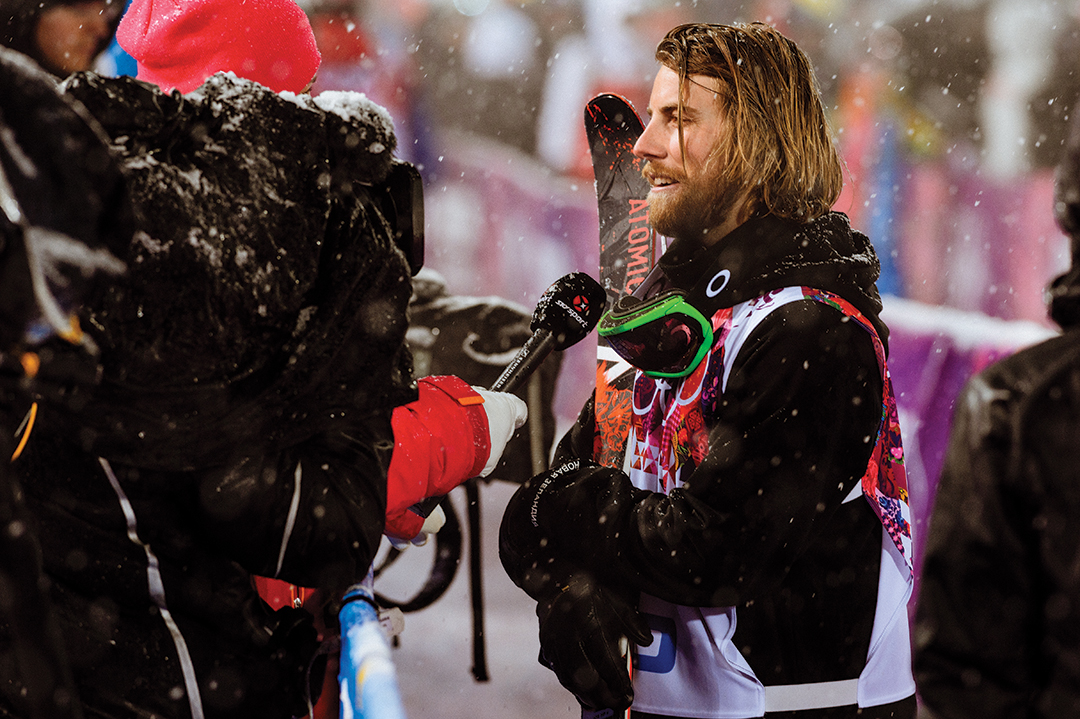
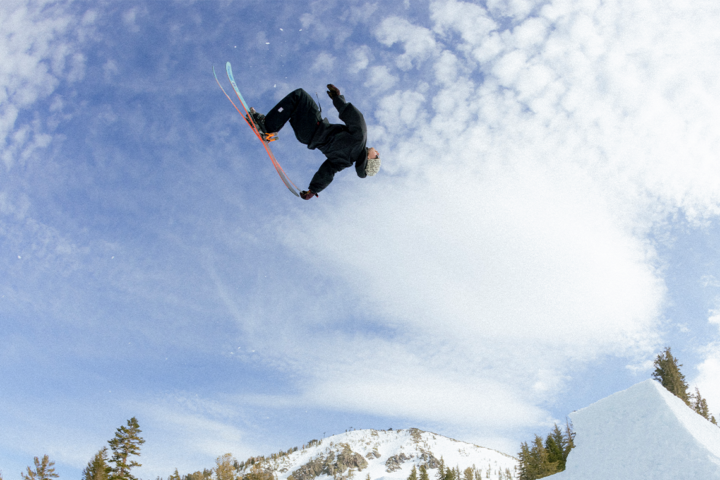
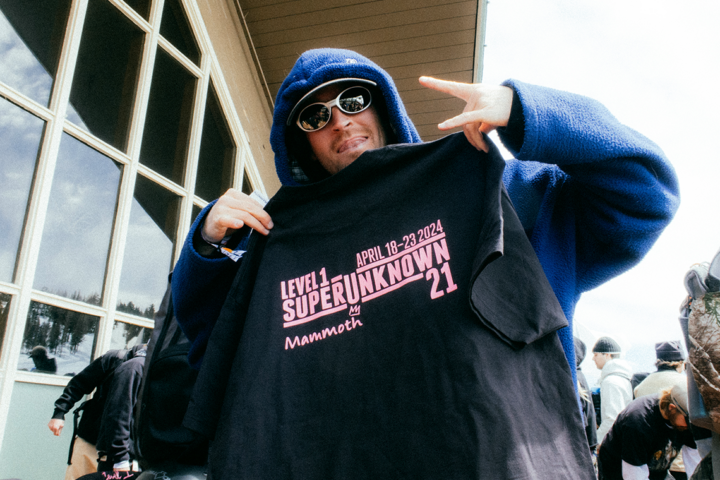

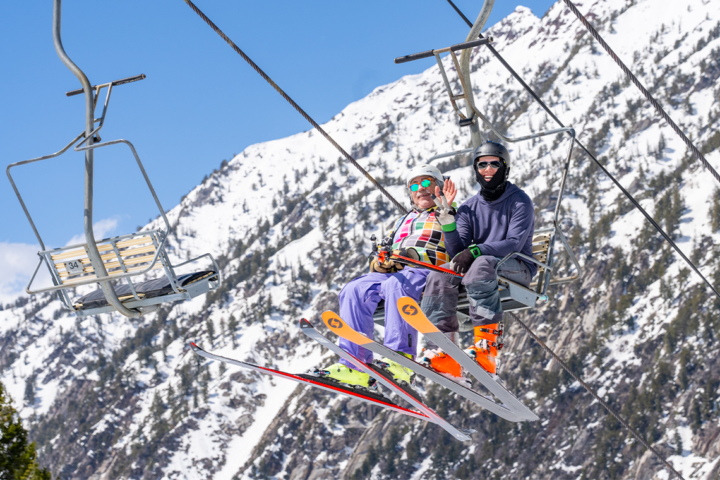
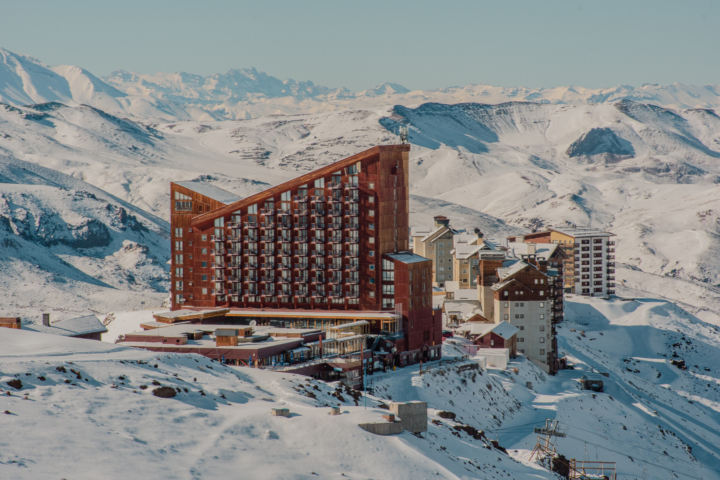
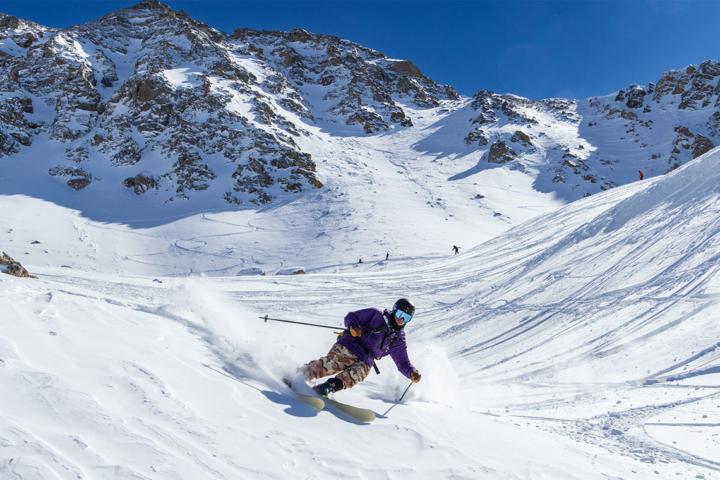
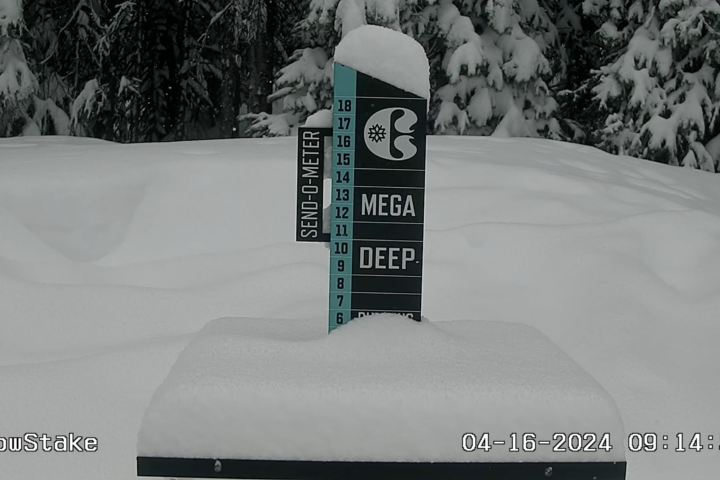
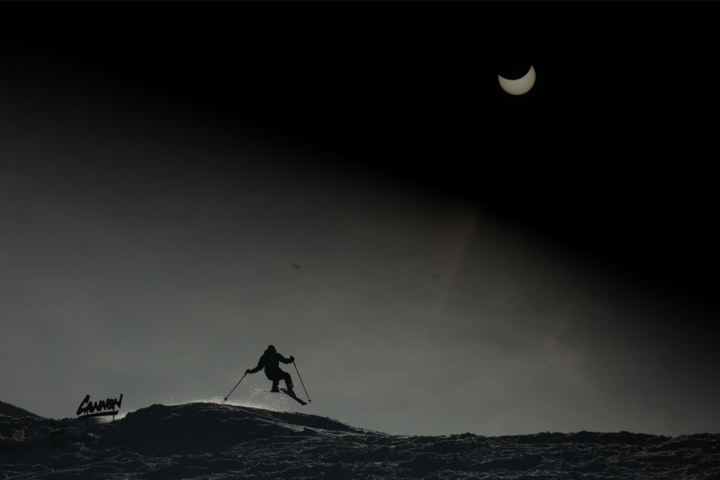
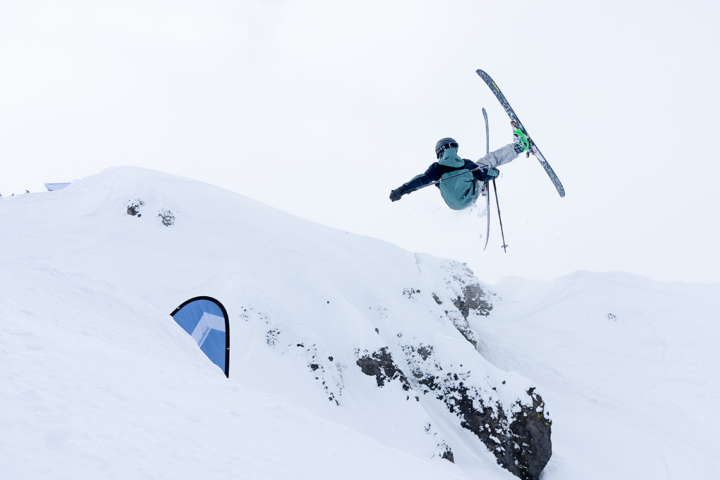
3 thoughts on “Show me the money: The agents behind skiing’s biggest stars”
Comments are closed.